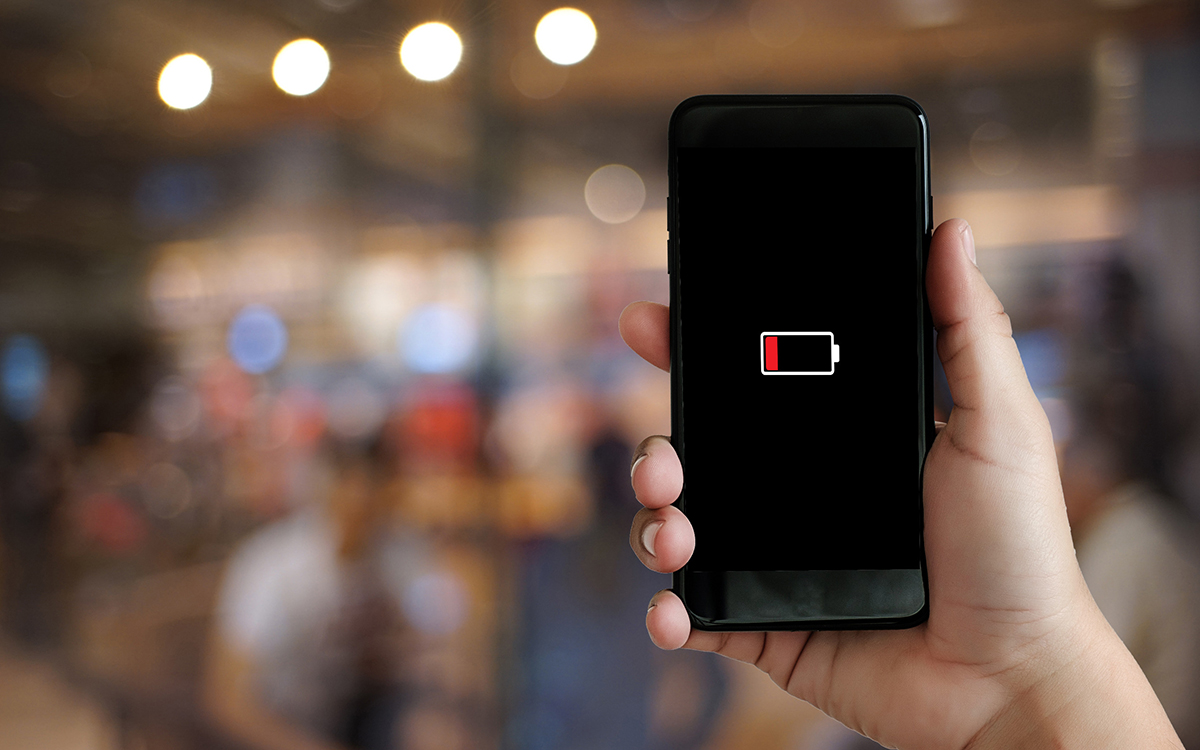Google is currently in the final stages of preparing to release the next major Android update, tentatively called Android 15, which is scheduled to be released by the end of the year. The most recent beta release reveals an intriguing feature called Adaptive Timeout, also known as Adaptive Sleep.
This feature introduces a certain delay that allows the screen to turn off and the smartphone to be locked only when it is determined that the user is not actively using the device. In other words, if the user is still interacting with their phone by reading content, browsing the web or using an app, the screen will remain on and the smartphone will remain unlocked, providing a smoother and more intuitive experience.
This feature is designed to optimize battery life by preventing unnecessary screen locks while the user is still active on their device.
By providing intelligent and adaptive response to each user’s usage habits, Android 15 aims to provide a more personalized and efficient user experience while extending the battery life of compatible Android smartphones.
Adaptive timeout has not yet been officially announced by Google. However, it is possible that this will be announced at Google I/O 2024. This discovery comes from Mishaal Rahman, a journalist at Android Authority, who spotted references to this feature in the Android 15 preview code. The purpose of this feature. is to optimize the periods when the screen is turned off, remaining accessible to the user if necessary. Despite this revelation, compatibility with non-Pixel devices remains a mystery, as do the details of how it works.
This additional option for Android users will in any case be added to the one that allows, as in iOS, to leave the screen on if the user’s eyes are glued to the smartphone. This allows the front camera to observe your gaze and overcome the 30-second delay before the screen turns off.
In any case, Google’s goal seems clear: to significantly improve the autonomy of smartphones compatible with these two functions. Backed by artificial intelligence that is now firmly integrated into the Android ecosystem, Google can use this data to better understand and anticipate the usage habits of its users.
By analyzing behavior patterns and dynamically adapting power management settings to suit each user’s specific needs, Google aims to provide a smoother, more efficient mobile experience while extending the battery life of Android smartphones.



:format(url)/cloudfront-us-east-1.images.arcpublishing.com/lescoopsdelinformation/2GMYAEUJ3VCOPO4KGTXFRA34JY.jpeg)
